Birmingham pub bombings: Families to boycott inquests
- Published
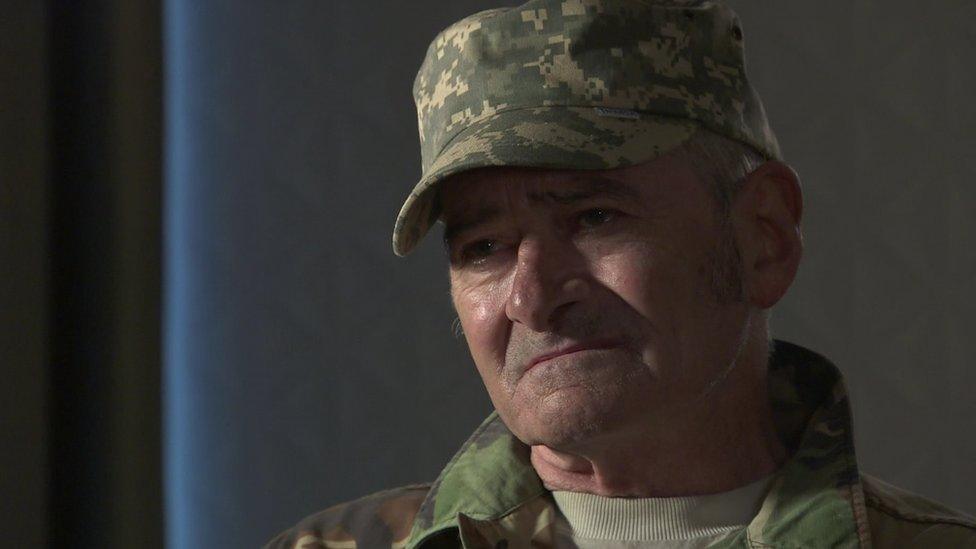
Michael Hayes told the BBC he accepted "collective responsibility" for the bombings
Families of the Birmingham pub bombings victims have announced they will not attend the fresh inquests after the coroner ruled out naming alleged suspects in evidence.
It came as Coroner Sir Peter Thornton QC said plans to hold the hearings in September were "no longer viable".
Inquest lawyers have also asked Irish police to interview self-confessed IRA bomber Michael Hayes.
Twenty-one people died when two bombs were detonated in the city in 1974.
'Interpol request'
A pre-inquest review in Birmingham was told by lawyers for Sir Peter that "a request to the Irish Gardai to interview Mr Hayes" had been made.
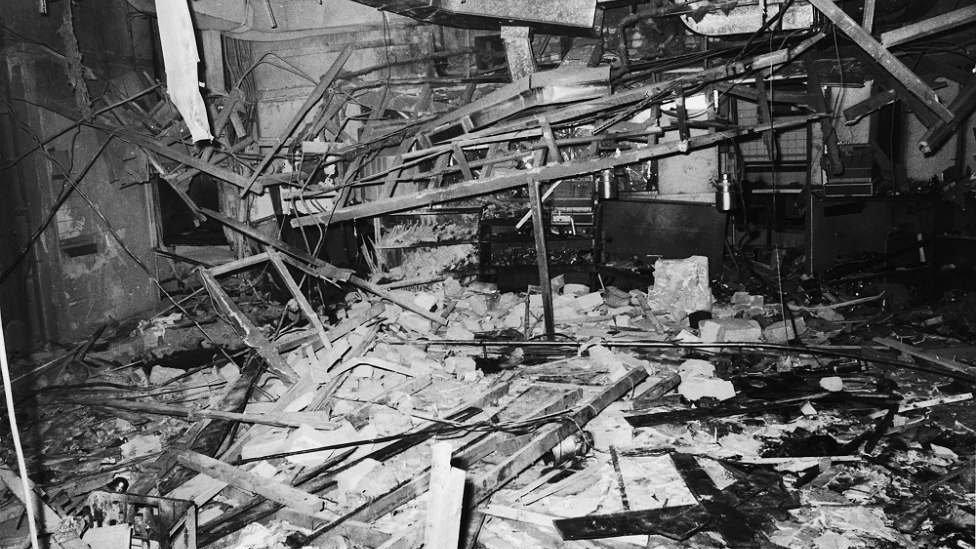
Plans to hold the fresh hearings in September are 'no longer viable', the coroner says
Gardaí (Irish police) told the BBC: "While we do not discuss named individuals, we can confirm that Gardaí have received a request for assistance from the West Midlands Police, UK, through Interpol and we are facilitating their request."
Mr Hayes, 69, recently told a BBC interview that he accepted "collective responsibility" for the bombing but did not know who planted the devices.
Peter Skelton QC, counsel to the inquests, added: "We're discussing our involvement in any interview with West Midlands Police."
The force also confirmed that it was "also considering an application for Mr Hayes to be interviewed".
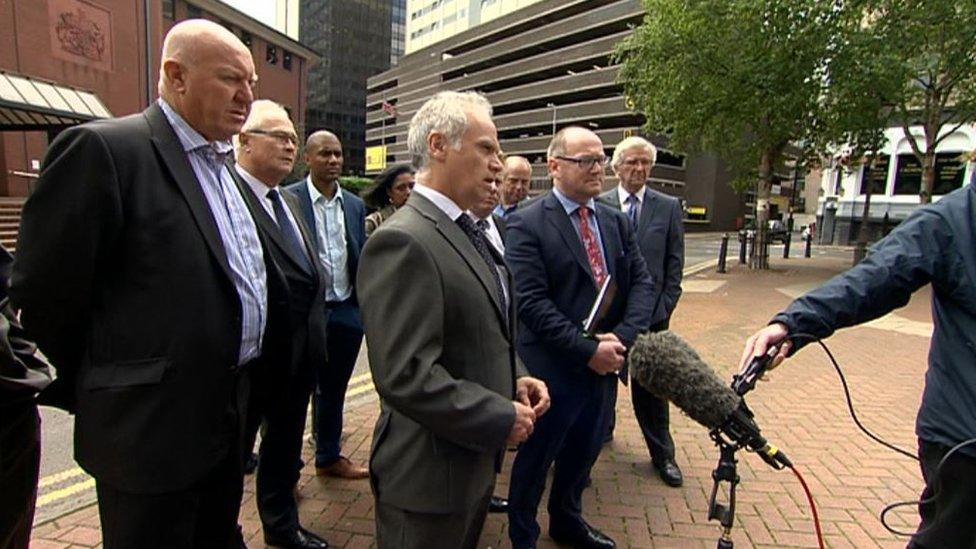
Victims' families have fought for years to have inquests reopened
Hours before the review took place, Justice4the21, the main campaign group representing many of the relatives, said it will "no longer participate" in the hearings.
The families were "devastated" when Sir Peter ruled out naming the IRA suspects believed to be behind the attack.
The group said its decision was based on the fact that material held by Devon and Cornwall Police, which reviewed the original criminal investigation, had not been disclosed.
It added it was seeking a judicial review of the coroner's ruling on the scope of future inquests.
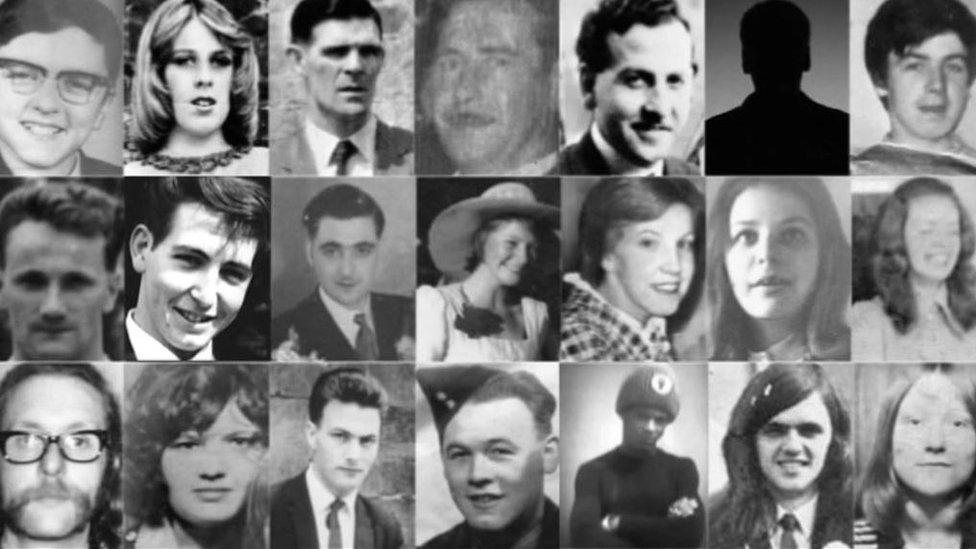
Twenty-one people died when two bombs were detonated in the city in 1974
Sir Peter said the possible judicial review application meant the September timeframe was no longer viable.
He said it was "unlikely the inquests will commence until certainly December, maybe later - maybe substantially later - I just cannot say at the moment".
The victims' families have fought for years to have the inquests reopened. Hearings were held days after the bombings but closed without hearing any evidence.
No one has been charged with the attacks since six men were freed from prison in 1991.
- Published18 July 2017
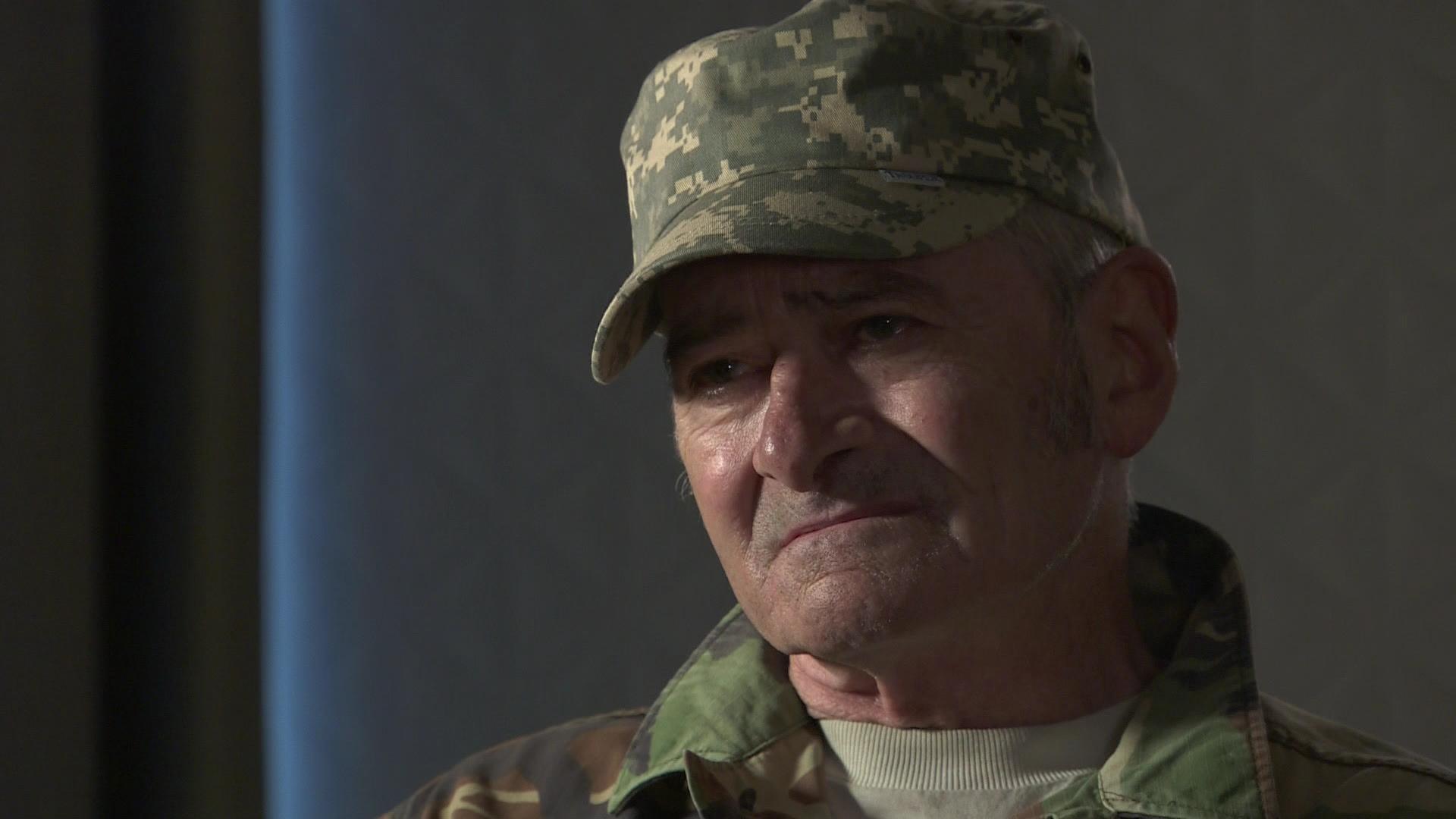
- Published16 July 2017
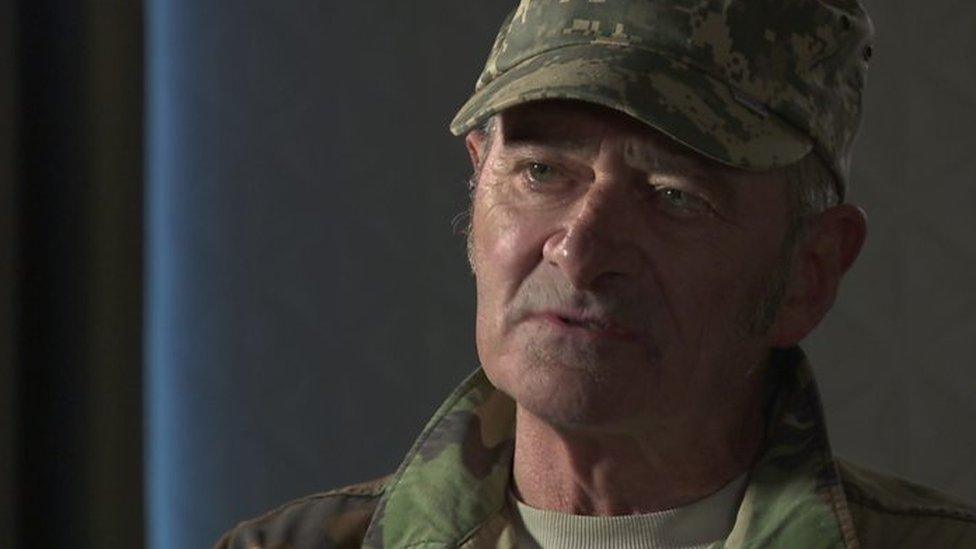
- Published11 July 2017

- Published10 July 2017
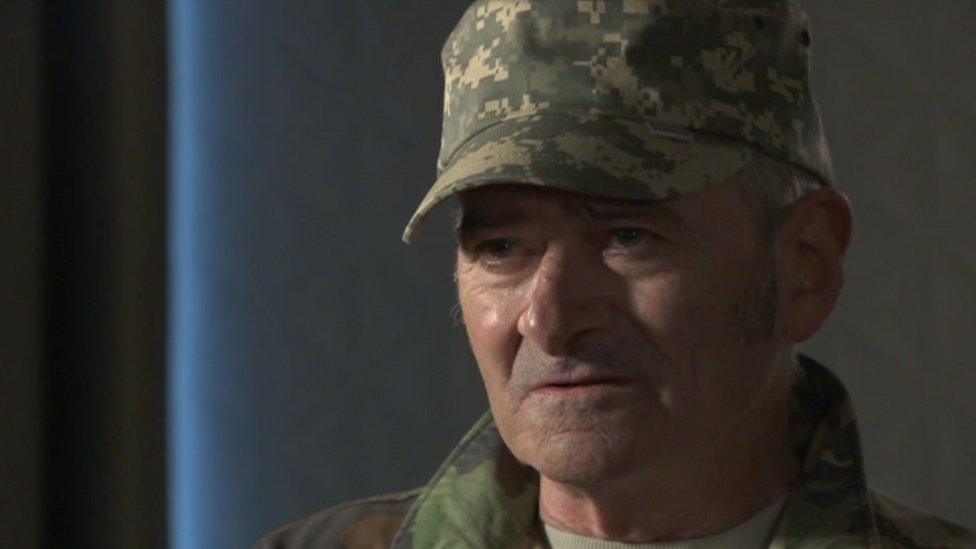
- Published5 July 2017
